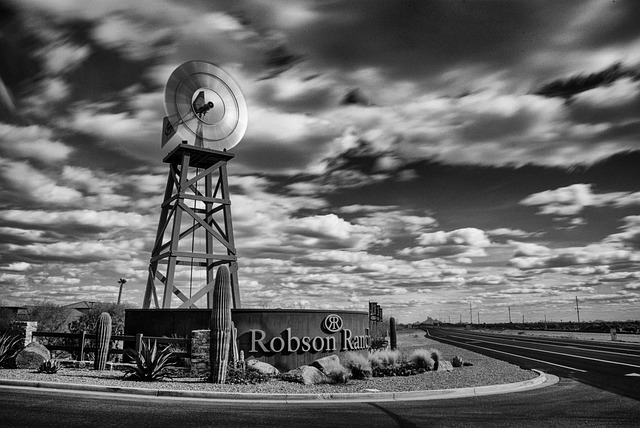Agriculture is a powerful engine for economic growth in local communities, creating jobs, generating significant revenue from crop, livestock, and value-added product sales, and enhancing overall well-being. Agricultural land's market value extends beyond physical attributes; its role in community well-being and sustainable practices boosts property desirability and economic vitality. To bolster agricultural economies, communities can convert underutilized lands into farming plots for small-scale farmers, establish modern agro-business parks, and promote agritourism. These strategies not only support local farmers but also enhance real estate values and community connections to local food sources.
Agriculture plays a vital role in sustaining local economies, offering more than just food production. This article explores how agricultural landscapes contribute to economic growth and property values, especially in rural areas. We delve into strategies that can enhance agricultural practices, foster innovation, and attract investment, ensuring these vital ecosystems thrive. By understanding the intricate link between farming and real estate, communities can navigate towards a prosperous future, where lush lands support both ecological balance and financial prosperity.
The Role of Agriculture in Local Economic Development

Agriculture plays a pivotal role in the economic development of local communities, offering numerous opportunities for growth and diversification. In many regions, farming serves as the backbone of the economy, providing employment to a significant portion of the population. The industry’s impact extends beyond jobs; it drives the local real estate market by creating demand for agricultural land, rural properties, and even commercial spaces related to food processing and distribution.
Farms contribute to the region’s overall economic health by generating revenue through the sale of crops, livestock, and value-added products. As a result, local businesses thrive, and infrastructure improves, benefiting residents and attracting investments. Moreover, agricultural success can foster tourism, with scenic farms and rural landscapes becoming popular attractions, further boosting the local economy.
How Agricultural Land contributes to Real Estate Value

Agricultural land plays a significant role in shaping real estate values within local communities. Its value isn’t solely determined by its size or location but also by the economic vitality it brings to an area. In today’s market, farms and agricultural uses are often seen as desirable and can significantly enhance property values. This is particularly true for regions where agriculture is a cornerstone of the local economy, attracting buyers seeking a connection to the land and supporting sustainable practices.
The presence of fertile agricultural land can increase the desirability of nearby residential properties. It contributes to a sense of community and a unique quality of life, attracting families and individuals who appreciate the beauty and potential of open spaces. Moreover, successful agricultural ventures can stimulate local economic growth, leading to improved infrastructure, better access to services, and ultimately, higher real estate values in surrounding areas.
Strategies for Sustaining and Growing Local Agricultural Economies

To sustain and grow local agricultural economies, communities can implement several strategic initiatives. One key area is real estate development tailored for farming. Converting underutilized lands, such as abandoned lots or marginal areas, into agricultural plots can provide affordable access to land for small-scale farmers. Governments and private investors can collaborate to establish agro-business parks, offering modern facilities and infrastructure to support diverse agricultural ventures.
Additionally, promoting agritourism is another effective strategy. By integrating farming activities with tourism, local farms can attract visitors, generating additional revenue streams. This involves creating engaging experiences like farm stays, pick-your-own produce events, and educational workshops that highlight the region’s agricultural heritage. Such initiatives not only bolster the local economy but also foster a deeper connection between communities and their food sources.






